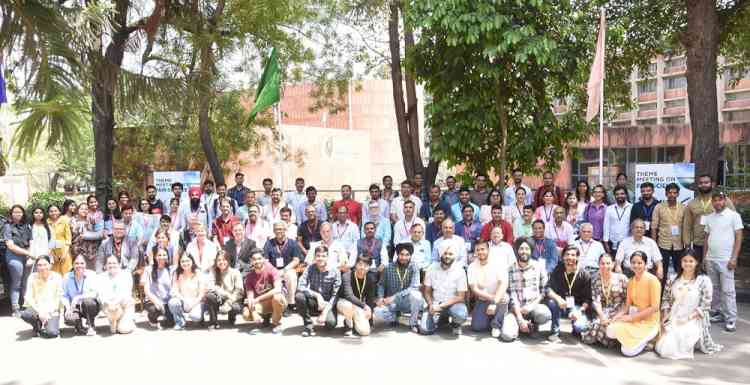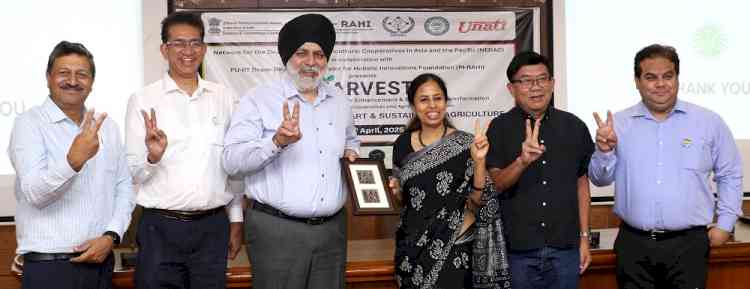UGC-CAS national seminar on electoral politics in PU
Seminar analysed electoral politics

Chandigarh: A UGC-CAS National Seminar was organised by the Department of Political Science, Panjab University, here today. The seminar analysed the Electoral Politics at the State level, keeping in perspective the 2019 Lok Sabha elections and aftermath from 27th- 28th February.
On the first day of the seminar, the inaugural lecture was delivered by Prof. Sandeep Shastri, Pro-VC of Jain, a deemed to be University in Bengaluru. Prof. Shastri elucidated on the evolution of leadership factor as a predominant one in the country’s electoral politics. Using CSDS data from multiple surveys, Prof. Shastri studied how leadership impacted the results of 2019 general elections.
The session was chaired by Prof. Samir K. Das, Dean of University of Calcutta, and a noted authority on issues of ethnicity, migration, rights and justice. Prof. Das, underlined the need to go beyond electoral politics to scrutinise other domains of democracy. Prof. Das stressed on the need to go beyond the institutional arena to look at demands within political and civil society. Both Prof. Shastri and Prof. Das put forward extremely thought provoking ideas that inspired students to critically look at the multiple dimensions of democratic politics.
Later, the first technical session was chaired by Prof. Ronki Ram in which papers were presented by Prof. Sanjay Kumar, Director CSDS, Dr. Mohanty and Dr. Kushal Pal and Jyoti Mishra. The papers analysed empirical survey data to explore factors such as party identification, weakness of opposition, policy decisions and political leadership that impact national and state elections.
The second technical session of the day was chaired by Prof Shastri. The session focussed on de-constructing Lok Sabha electoral wins of NDA and BJP state wise. Prof. Alam explored how coming back of JDU in NDA fold and trust in PM Modi as a leader led to the victory of NDA in Bihar. Prof. Lodha and Dr. Nidhi Jain looked at the massive victory of BJP in Parliamentary elections in Rajasthan while Prof. Pandey sought to critically analyse the role of both ‘message and messenger’ for the decisive win of BJP in Uttar Pradesh.
In the concluding presentation, Ms. Vibha Attri tried to underscore primary reasons for the conclusive win of BJP in Chattisgarh in 2019 Lok Sabha elections. Both the sessions were followed by interactions with the audience. The ideas and problems put forth in all the sessions gave fodder for thought to students and researchers regarding electoral studies both at national as well as regional levels.


 cityairnews
cityairnews 








